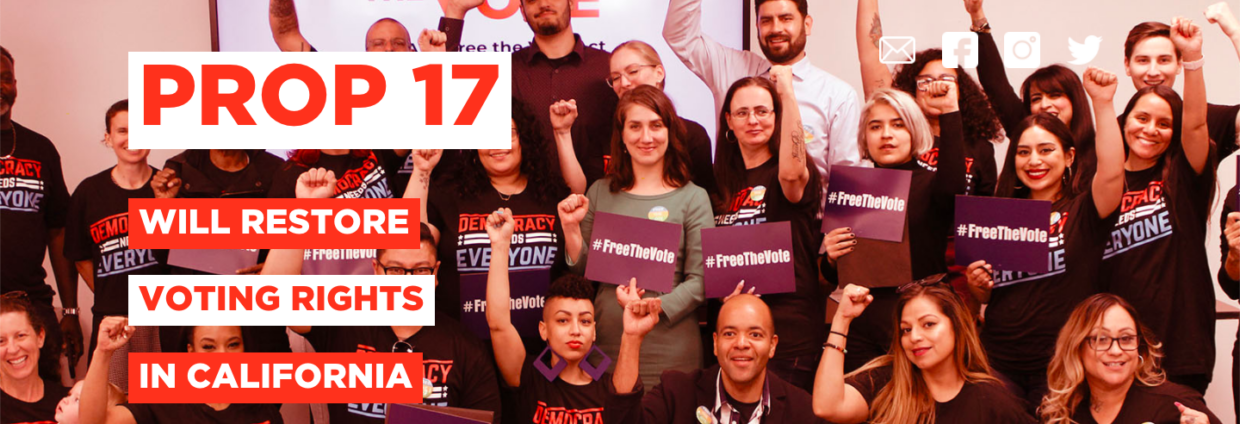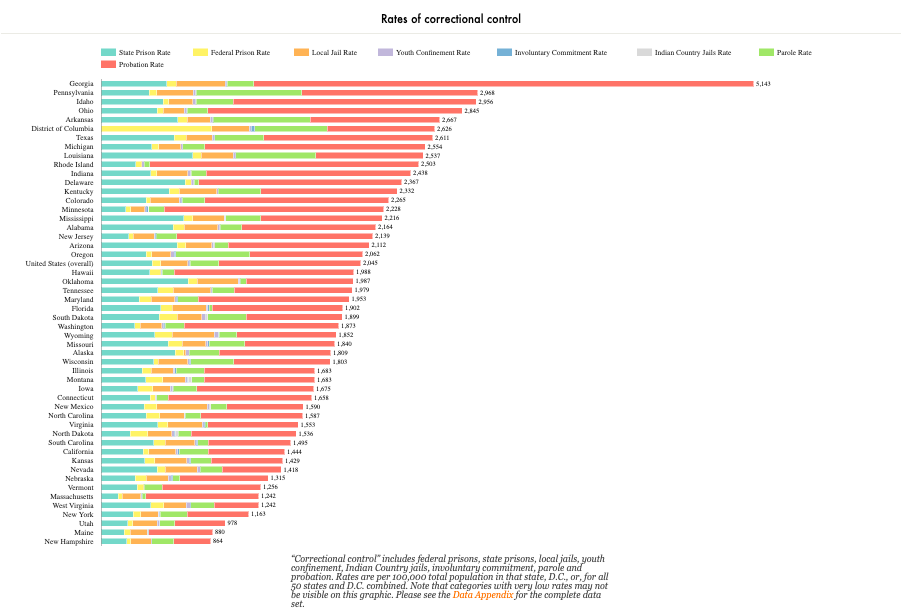Florida is one of only four states in which people with felony convictions permanently lose their right to vote. In November 2018, Floridians sought to change this by passing Amendment 4 by a majority of %64.55. Amendment 4 would automatically restore the right to vote for people with prior felony convictions, except those convicted of murder or a felony sexual offense, upon completion of their sentences, including prison, parole, and probation.
Since the passage of Amendment 4, politicians have piled challenge upon challenge in the way of people seeking the right to vote. The latest hurdle came today, when the 11th Circuit ruled en banc that Florida may require people with a past felony conviction to pay off all fines and fees before they can get their right to vote back–even if they cannot afford to do so.
The only explanation I can find for this is an entitlement effect. I grew up in a country in which everyone, even people doing time in prison at the time of the election, can vote, and it would never occur to me that it’s possible or fair to do otherwise. But I suspect that what is at work here is an insidious version of the entitlement effect: They feel comfortable doing this because their point of departure is lifetime disenfranchisement. To them, it’s not about giving people what every citizen has and should have–it’s about gifting people a privilege they haven’t had in a long time.
We can do something about this. Hop on this website and plonk a few shekels to help your fellow Americans – Floridians who want to participate in our democracy and are being thwarted by politicians and courts – vote in the upcoming election. It’s good for Florida, it’s good for racial and economic justice, and it’s good for all of us, because you know that winning Florida is crucial in this election. According to Jeff Manza and Chris Uggen, at least one presidential election (now two, likely) and eight congressional ones would have gone the other way if people with felony convictions could vote. Prove them right by changing history and expanding democracy.



